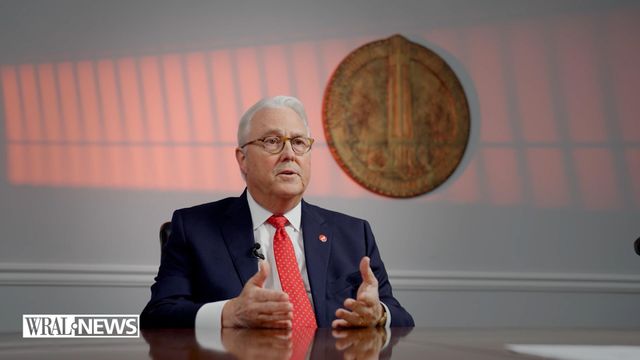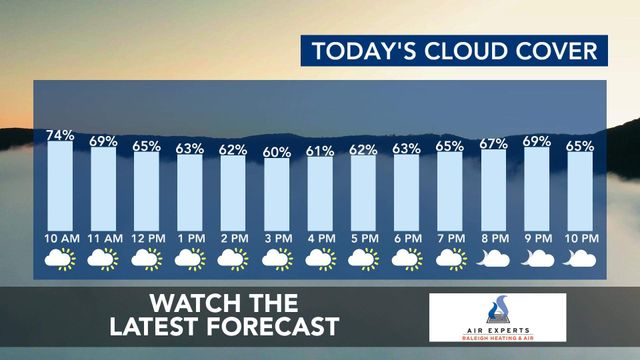NC State tested chancellor's office building for PCBs, but he doesn't know if any were found
Records show that Holladay Hall, the office building for the North Carolina State University chancellor and executive vice chancellor, was tested for PCBs in 2023.
PCB testing on campus has become a hot-button issue after N.C. State abruptly closed Poe Hall, the university’s education and psychology building, last fall. Testing revealed high levels of PCBs, a known carcinogen linked to other serious illnesses.
Despite calls from workers and students, NC State leadership tells WRAL News it has no plans to test other buildings for PCBs unless the building is about to undergo renovation and PCB presence is suspected. This is in accordance with EPA guidance, which suggests that building materials suspected to contain PCBs be directly tested for their presence and removed if renovations are planned.
The toxic chemicals were frequently used in building construction in the mid-20th century. PCBs can be found in caulking, plastics, floor finishes, fluorescent light ballasts, insulation, adhesives and more, according to the Environmental Protection Agency. While they were outlawed from production in the late 1970s, PCBs remain in many buildings built or renovated between the 1950s and 80s, according to the EPA.
Poe Hall opened in 1971. Several buildings, including student residence halls such as Sullivan Hall, Bowen Hall, Metcalfe and Carroll Hall were built within five years of Poe Hall.
Experts tell WRAL News that while many buildings constructed or renovated in the mid-20th century likely have PCBs, testing is the only way to determine if PCBs are being exposed to humans in unsafe quantities.
A receipt from EMSL Analytical, Inc. shows that Holladay Hall was tested for PCBs in June 2023, with the test costing $480. However, it is unclear which parts of the building were tested.
The testing of Holladay Hall occurred four months before NC State began testing Poe Hall for the same chemicals. In a one-on-one interview with NC State Chancellor Randy Woodson, 5 On Your Side asked why Holladay Hall was tested. Woodson said he did not know, nor did he know the results of the PCB testing. NC State has not publicly released the results of the Holladay Hall PCB tests.
NC State began testing Poe Hall for PCBs after one employee working in the building alerted administrators to seven cases of breast cancer within the building. According to emails, the employee wondered if the cause was environmental. A separate employee filed a complaint with the North Carolina Department of Labor. Testing later confirmed high levels of PCBs inside Poe Hall. Woodson said he used that information to close Poe Hall last November.
Since the closure, 152 cases of cancer in people who worked or learned there have been reported to 5 On Your Side. It is not known if the cases are related to the building environment.











